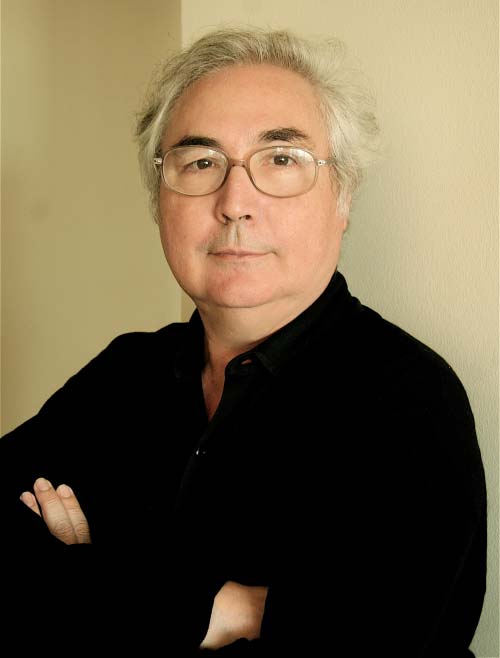Brian Keegan’s dissertation will use Wikipedia’s coverage of breaking news articles to examine the high-tempo and high-reliability coordination practices of emergent, self-assembling teams. Wikipedia’s response to and coverage of the tragic events over the past week in Japan continues to provide a fascinating corpus for analysis. Some factoids:
- The English article about the earthquake with links to the relevant sites for the US Geological Survey and Integrated Tsunami Watch Service was started at 6:18 GMT, just over 32 minutes after the earthquake began. The bureaucratic editorial process of nominating it to appear on the front page of Wikipedia was begun at 6:29. The article appeared on the front page by 7:58 after being vetted by 12 editors and at least one administrator. As a point of comparison, The New York Times (the first to report according to Memeorandum) did not file a story until 7:35.
- Between the start of the article and noon CDT on March 15 (~100 hours after the earthquake), 761 editors made 2,901 contributions. The average time between edits over this entire window was 2 minutes, 4 seconds. The median was 1:08.
- At the time, 49 other articles had been categorized by Wikipedians as being affected by or related to the earthquake and tsunami. 1683 unique editors made 6,931 contributions to these articles, including the one above. In that 100 hour time window, the average interval between edits made to articles in this category was 56 seconds. The median was 37 seconds.
A (very crude) temporal visualization of how the activity among editors to these articles can be seen in the video below. The text is admittedly hard to read, try full-screening the video. The red nodes are the articles, the blue nodes are editors, and the links indicate which editors edited which articles. The “halos” of small blue nodes around the articles are the editors who contributed only to that article and none of the other articles. The clump of larger blue nodes in the center are editors who contributed to many of the other articles. Be sure to pay attention to when they make the switch to only editing one article to editing others. Note the switch in “attention” from the article about the earthquake & tsunami to the nuclear reactor as well as the lag before the articles about the affected communities (located at approximately 1 o’clock) are updated. The article at approximately 3 o’clock is the “Fukushima I nuclear accidents” article which is created more than 48 hours after the earthquake itself.
100 Hours of Wikipedia activity for Sendai earthquake from Brian Keegan on Vimeo.




